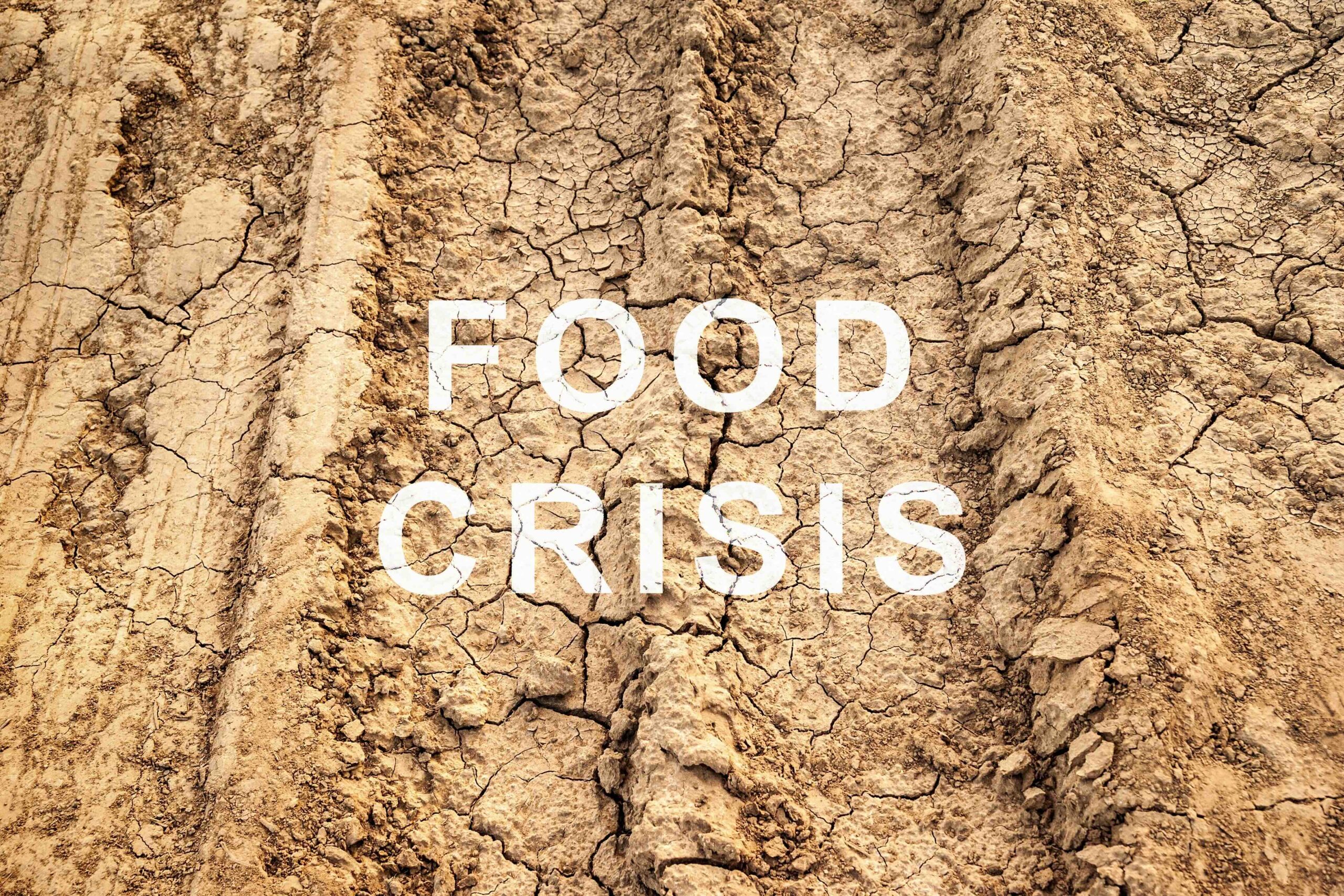It was the Live 8 concerts, not the G8 summit, which placed Africa centre stage. Once again, musicians, not politicians, were instrumental in bringing the plight of poverty and hunger to our attention. With a worldwide audience around 5.5 billion people, these concerts put poverty back onto the political agenda.
In 1985, Live Aid was also a global hit, raising millions of dollars for African famine relief. Bandaid performed “Do they know its Christmas?” and the world sang along. Soon after, “USA for Africa” recorded their feel-good tune, “We are the world”. Western musicians pleaded with us to keep the hunger program in our minds until people stopped dying from hunger. But how long did our attention last?
During humanitarian emergencies, Australians mostly give very generously. We are often quick to respond to earthquakes, tsunamis and other emergencies. But the famines in Africa require long term solutions, not quick fixes.
Emergency food aid for the millions of people who are hungry has proved itself to be, at best, only a quick fix. Aid does not confront the root causes of malnutrition, famine or poverty. Food aid in Sudan, Ethiopia and Mozambique are all examples of large emergency food aid operations that have not reduced long term hunger.
According to Amartya Sen, there is seldom an absolute shortage of food in any one country. Given that distribution of food is often the problem, masses of imported food is rarely the answer.
Many people now argue that the bulk of foreign aid should be allocated in cash or commodities that can be sold by the recipient country for a high value. The revenue from such sales can then be used to buy local grain. However, one of the criticisms of financial aid is that it is often channelled through powerful people and may not reach those in need.
In the past 50 years, foreign aid has grown into a multi-million dollar industry. It is embedded in a complex history including the end of colonialism and the Cold War. There are certainly elements of charity, but there are also elements of self-interest, buying friends and allies, furthering trade, spreading of religion and, or even resurrecting musical careers.
There are so many examples where aid projects, even the well-intentioned, have caused more harm than good. Every aid worker has stories to tell about aid projects that have been totally inappropriate and wasteful. One example was the donation by the Australian Government of Corriedale sheep, a breed that is suited to a wet, cold climate. These sheep were sent to the hot, dry tropics of Northern India. Because these sheep would not breed or even survive in the heat, they had to be housed in air-conditioned sheds. As a result, the sheep had cooler accommodation than the local people.
Western solutions often proved unsuited to the radically different societies in other parts of the world. However, there are also many grass-roots aid projects that work with indigenous knowledge to promote development and social justice.
Like all million dollar industries, foreign aid is highly political. However, the Live 8 concerts demonstrated loud and clear that many of us in the west do not care about the politics of food aid. We just want poverty and injustice to stop. We want people to stop dying from hunger. When the world’s richest countries decide to work towards ending poverty, we will all have something to sing about.
In contrast to the outdoor Live 8 concerts, the recent G8 summit in Scotland was held mostly behind closed doors. Leaders from US, UK, Russia, Japan, Italy, Germany, France, and Canada faced a critical question: How do we remove poverty from our world? According to Nelson Mandela these leaders had “a historical opportunity to open the door to hope and the possibility of a better future for all.”
The summit ended with stalemates on climate change and signals for a new deal on trade. However there was also some good news. G8 nations agreed to full debt cancellation for 18 countries and universal access to anti-HIV drugs in Africa by 2010. There will also be a $50 billion increase in aid to Africa.
Without the Live 8 concerts, the politicians at the G8 summit may have got away with much less. Live 8 reminded us that we need to keep speaking, singing and shouting so that politicians, business people and bankers hear us. Poverty and injustice needs our full and ongoing attention. We can not allow Live 8 to be another one hit wonder.
First published on ABC Ratio National’s Perspective on 2 August 2005
